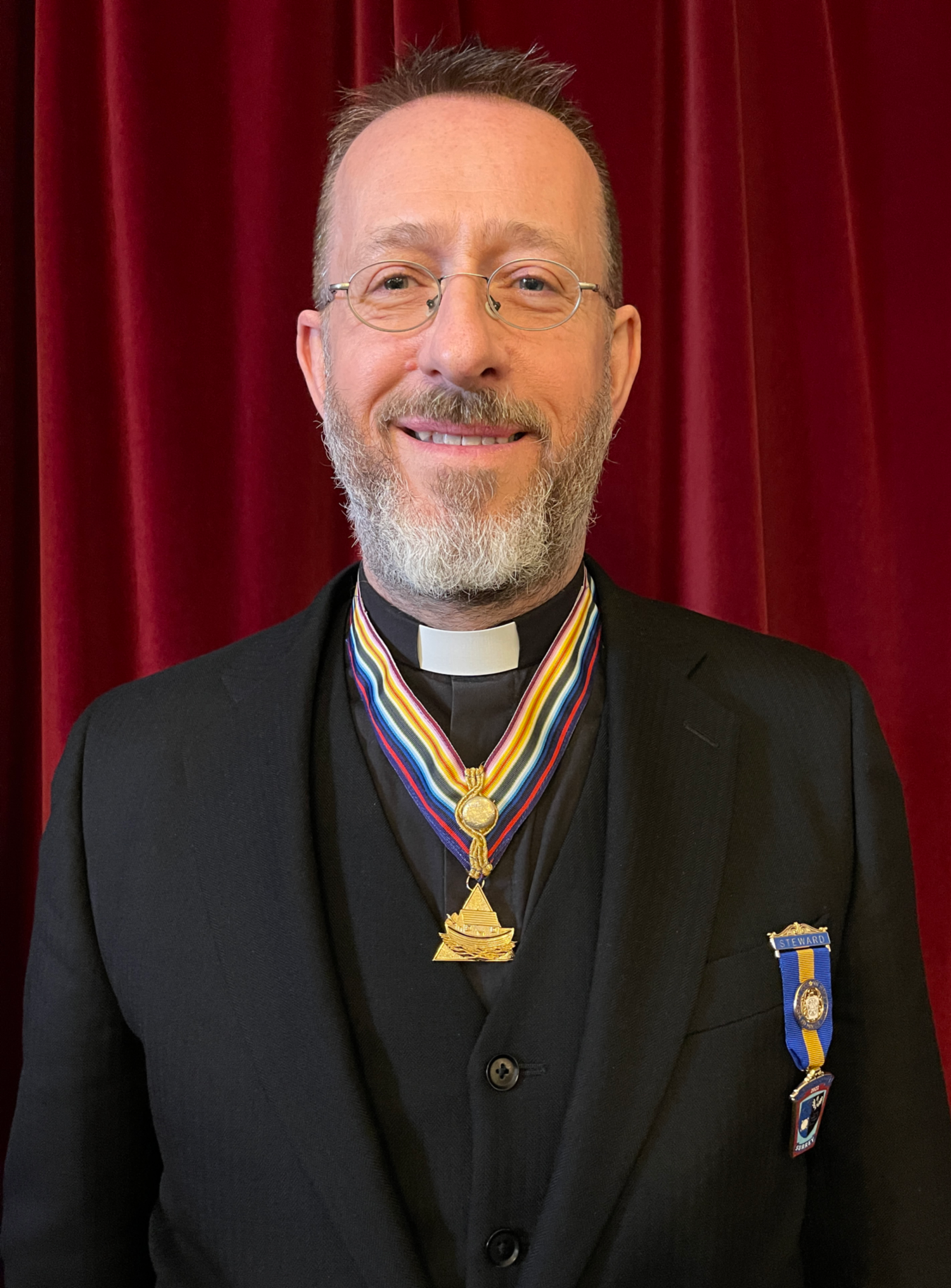THE ORATION
The Oration
R.W. Provincial Grand Master & Brethren All,
Khalsa Lodge! An eloquent name for a lodge and yet something of a challenge for me, as I pondered today’s oration, and began to explore some of the treasures of a religious tradition of which I have a very limited experience. Yet my task was not as complex as I had first feared, for help was forthcoming from some of the Lodge petitioners and there is also much background information printed on the order of proceedings for today’s meeting!
Sikhi emerged in 16th century Punjab. Guru Nanak promulgated a message of devotion, emphasising the importance of remembering God. Sikh means ‘disciple’, therefore Sikhs are the disciples of God whose faith is informed by the teachings contained within the Guru Granth Sahib, the Sikh holy book.
Sikhs believe that there is only one God; He is The Great Overseer of the Universe, the creator of all things, the One who is with us wheresoever we go.
Equality is central to the Sikh, all humans are equal. Everyone, whatever their background or creed would be welcomed into the Gurdwara – the Sikh Temple – and to enjoy ‘Guru ka Langar’ which is literally translated – the communal meal from the Guru.

W.Bro Christopher Damp
The Provincial Grand Chaplain
Sikhs are expected to live lives marked with truth and justice, one’s livelihood should be earned honestly and an individual should only consume what rightfully belongs to them.
Service to God – ‘Sewa’ – is given through service to the needy and in helping others more generally. By its nature, Sikhi is a passive and peace loving tradition.
But by the late seventeenth century, persecution of Sikhi became increasingly harsh. The ninth Guru was beheaded by a Mogul emperor and the tenth Guru, Gobind Singh, enquiring who had come forward to help his predecessor found that none had stood firm. So the tenth Guru said that Sikhs should be more visible – should be willing as it were, to stand up and be counted, and that their living should also reflect this; they should endeavour to be pure in thought, word and deed.
Guru Gobind Singh then baptised five Sikhs from various communities – to symbolise the irrelevance of class and creed on Vaisakhi Day, March 30th, 1699 and these five were known as Khalsa. He then asked the five Khalsa to ‘baptise’ him. Following this, the Guru personally ‘baptised’ thousands of men and women into the Khalsa order. The Khalsa ‘baptism’ ceremony is undertaken as part of one’s own personal spiritual evolution when the initiate is ready to fully live up to the high expectations of Guru Gobind Singh. All Sikhs are expected to be Khalsa or be working towards that objective and live according the highest moral standard. They should aspire to purity and be willing to stand up to injustice.
The similarities between Sikhi, ”Khalsa” and Masonry are manifold. Masonry is a secular institution open to those who believe in a Supreme Spiritual Being, from whom we derive our moral laws and ethical principles, Our Masonic rituals teach us to practice in our secular lives, these ethical and moral principles which spring from the particular faith to which we might hold an allegiance. Throughout history, faith in God has always played a significant part in human life. Freemasons acknowledge the existence of God – our creator and the preserver of all things, the law giver, the One whose hand is upon us, ordering life and guiding each individual.
Living by such faith, our lives and conduct are consequently shaped by our own particular sacred writings. In our Lodges the Volume of the Sacred Law is afforded a central position, both in the Lodge room and in our ceremonies. Masonic conduct is based on the premise that by our own use of the Volume of the Sacred Law, we find that standard of conduct at which we must ever aim, towards God, neighbour and self. There we are taught to measure our actions by the rule of rectitude, square our conduct by the principles of morality, and guide our actions and even our thoughts by the compass of propriety.
Consequently, our words and actions are of great importance, for they have an outward value and effect. This present life provides us with an opportunity for service in the expression of true brotherhood. This service is expressed through those great principles of brotherly love, relief and truth which should ever be found amongst Freemasons. And in this Mark Degree, we are particularly reminded that the stone which the builders have rejected has become head of the corner.
In other words every individual whoever or whatever they are, possess great and unique gifts and that each individual can bring much to enrich the whole. Without each other and all the gifts we offer, the edifice of human society which we endeavour to build would be lacking for want of a particular living stone. All our best powers of mind and body are therefore to be placed at the disposal of others and our talents used in God’s service and in seeking the welfare of our fellows.
As we consider some of our Masonic principles and values we can fully understand why the name Khalsa is so appropriate for this new Mark Lodge.
Brethren, I pray that success may come in abundance to Khalsa Lodge and may it, and its members, ever walk in those good, right, and pure paths and so be found acceptable in the sight of HIM to whom one day we must render account